Newborn Vaginal Bleeding – Do You Need to Worry?

If you have recently welcomed a baby girl in your life and notice a red or pink discharge in her diapers, you’re bound to get worried. But should you worry? Probably not! Vaginal bleeding in newborns can understandably be a cause for concern for parents. While it may seem alarming, it’s essential to understand that this occurrence is common and often benign. A baby girl between 2 and 10 days of age may have slight bleeding from her vagina due to hormonal fluctuations passed on from the mother. However, it’s crucial to differentiate between normal postnatal bleeding and more severe issues that may require medical attention. Read on to explore the causes, considerations, and necessary steps for addressing vaginal bleeding in neonates.
Is Bleeding From Vagina in Newborn Babies Normal?
As a new parent, you’re likely to get worried if you see blood coming out of your baby’s vagina. But vaginal bleeding in newborn baby girls is common. Newborn baby girls’ menstruation generally takes place during the first two or three days after the birth. If your notice bleeding from your baby’s vagina, then you must remember that your baby has been exposed to a lot of hormones while in the womb and bleeding from the vagina is just a sign of reproductive hormonal withdrawal from her body after exiting the womb (1). Your reproductive hormones that have been passed on to her, her body must be getting rid of on its own through pseudo-menstruation.
What Causes Vaginal Bleeding in Babies?
Several factors can contribute to infant vaginal bleeding, varying from hormonal changes to anatomical variations. Here are certain causes of vaginal bleeding in babies:
- A nappy rash that causes a tear in the skin.
- Inserting foreign objects in her genitals can lead to bleeding (4).
- Poor hygiene in the surroundings can lead to bacterial growth and cause bleeding (3).
- Infections such as yeast infections or urinary tract infections (UTIs) can occasionally cause vaginal bleeding in babies.
How to Take Care of Your Baby?
When caring for an infant experiencing vaginal bleeding, it’s important to note that special cleaning or care is typically not necessary as the condition tends to resolve on its own. However, maintaining cleanliness in the genital area is essential. By following these steps, you can help keep your baby’s genital area clean and comfortable.
- Use non-fragrant wet wipes or warm water and a cotton cloth to clean the labia gently.
- Always wipe from front to back to prevent faecal matter from reaching the vulva, which could lead to irritation.
- Avoid over-cleaning baby’s vagina, as this could cause irritation.
- Refrain from using soap on the baby’s genitals, as it can disrupt the natural pH balance, resulting in dryness, itchiness, and irritation (6).
- While a small amount of clear or milky discharge is normal in some babies, excessive or foul-smelling discharge warrants medical attention from a gynaecologist.
When Do You Need to Worry?
Although vaginal bleeding in newborn baby girls is common, there are certain cases when you should not waste time in consulting a doctor. If the bleeding doesn’t stop even after a few days or if you notice a foul odour coming from her vagina, consult a paediatrician immediately (5).
FAQs
1. Does infant vaginal bleeding affect future reproductive health?
Generally, pseudo-menstruation in newborns does not have any long-term implications for a baby’s future reproductive health. It’s a temporary and typically harmless phenomenon that resolves independently without impacting fertility or menstrual function later in life.
2. Can newborn vaginal bleeding occur in premature babies?
Yes, vaginal bleeding can occur in premature infants as well. The presence of maternal hormones in the baby’s system can still lead to pseudo-menstruation, regardless of gestational age (2).
Newborn vaginal bleeding is a normal phase that is observed in many newborn girls. But fret not; your little girl won’t be having her next menstrual cycle before a decade or so, which means, for now, it’s her first and last period.
References/Resources:
1. Basics About Your Newborn Baby’s Body; University of Rochester Medical Center; https://www.urmc.rochester.edu/encyclopedia/content.aspx?contenttypeid=1&contentid=2747
2. Santos. M. C, Limão. S, Ferreira. P; Exacerbated mini-puberty of infancy in an ex-extreme preterm girl; PubMed; https://pubmed.ncbi.nlm.nih.gov/32878858/
3. Vulvovaginitis; Children’s Hospital Colorado; https://www.childrenscolorado.org/conditions-and-advice/conditions-and-symptoms/conditions/pediatric-vulvovaginitis/
4. Wróblewska-Seniuk. K, Jarząbek-Bielecka. G, Kędzia. W; Gynecological Problems in Newborns and Infants; PubMed Central; https://www.ncbi.nlm.nih.gov/pmc/articles/PMC7961508/
5. Vaginal Bleeding; Seattle Children’s Hospital; https://www.seattlechildrens.org/conditions/a-z/vaginal-bleeding/
6. Navsaria. D; Bathing Your Baby; American Academy of Pediatrics; https://www.healthychildren.org/English/ages-stages/baby/bathing-skin-care/Pages/Bathing-Your-Newborn.aspx
Also Read:
Blood in Baby’s Stool
Jaundice in Newborns
Newborn Belly Button Bleeding
Haemorrhagic Disease in Newborn
Was This Article Helpful?
Parenting is a huge responsibility, for you as a caregiver, but also for us as a parenting content platform. We understand that and take our responsibility of creating credible content seriously. FirstCry Parenting articles are written and published only after extensive research using factually sound references to deliver quality content that is accurate, validated by experts, and completely reliable. To understand how we go about creating content that is credible, read our editorial policy here.







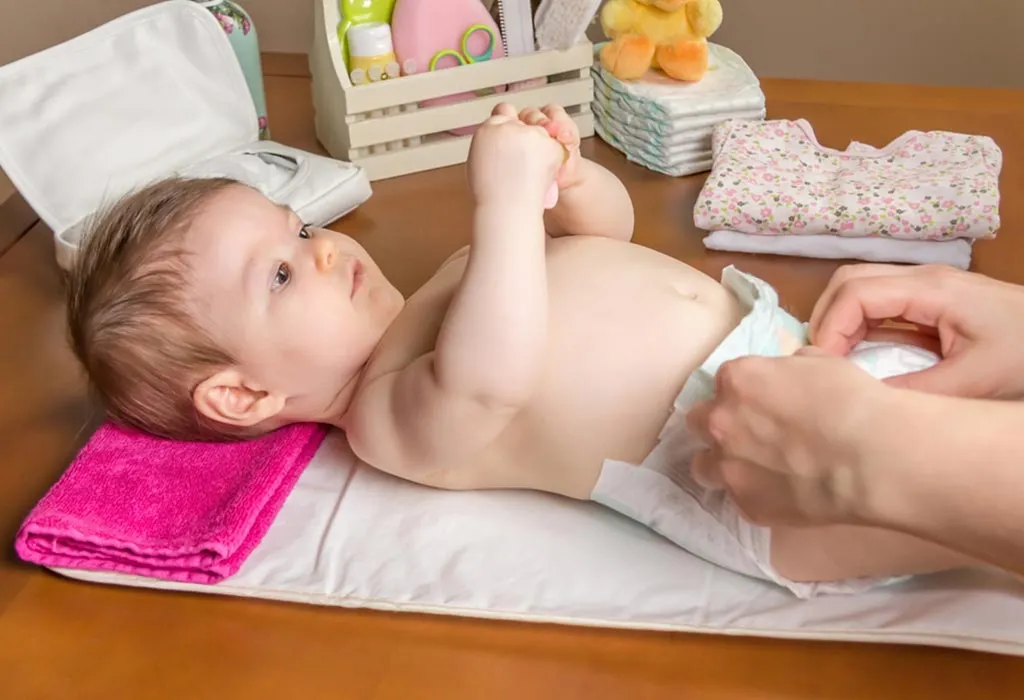
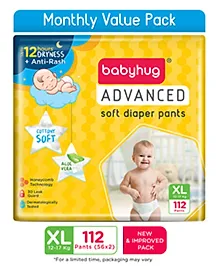
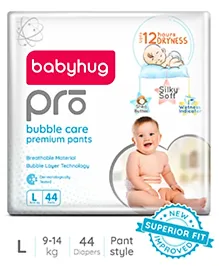
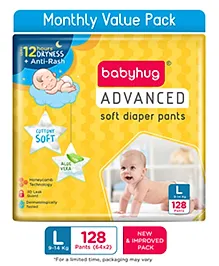

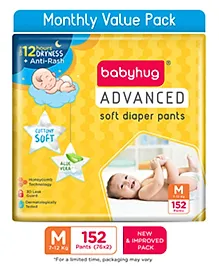
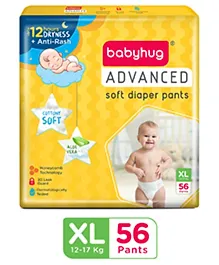
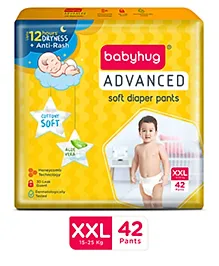
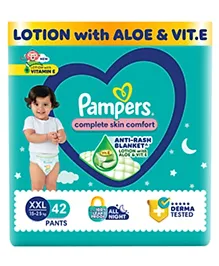
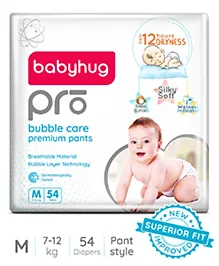



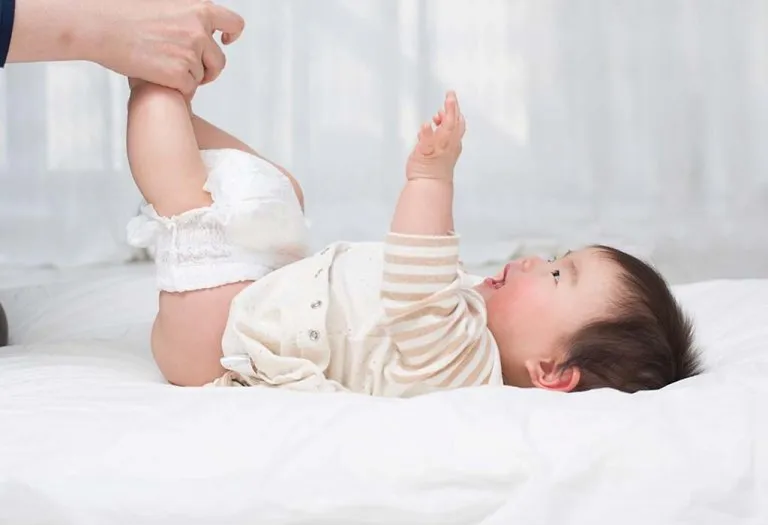
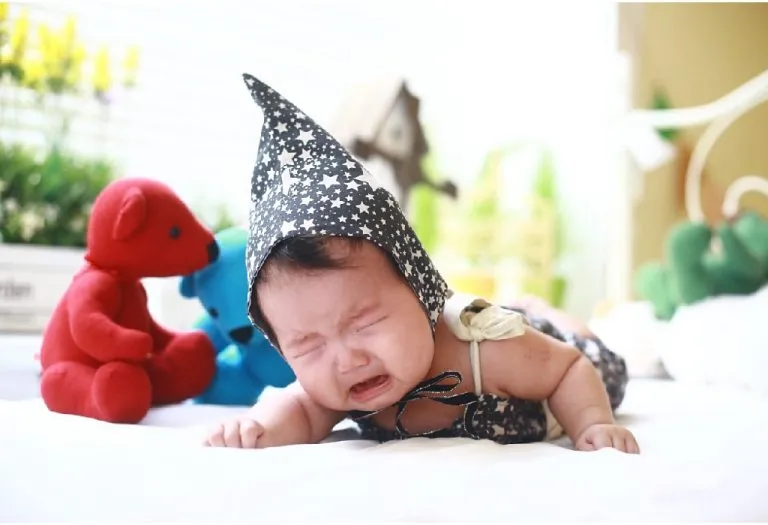



.svg)


















